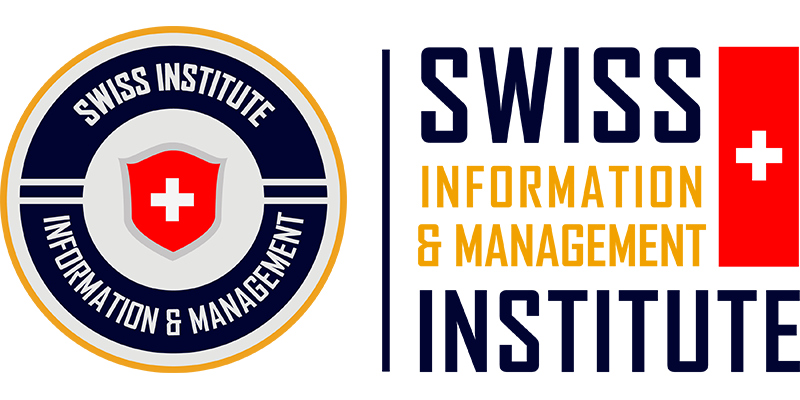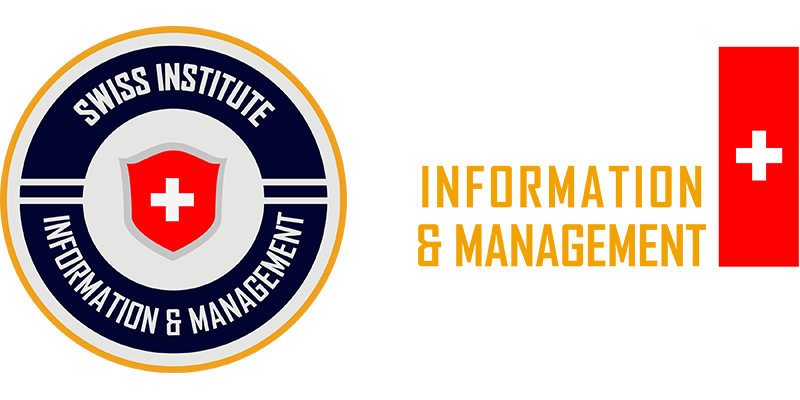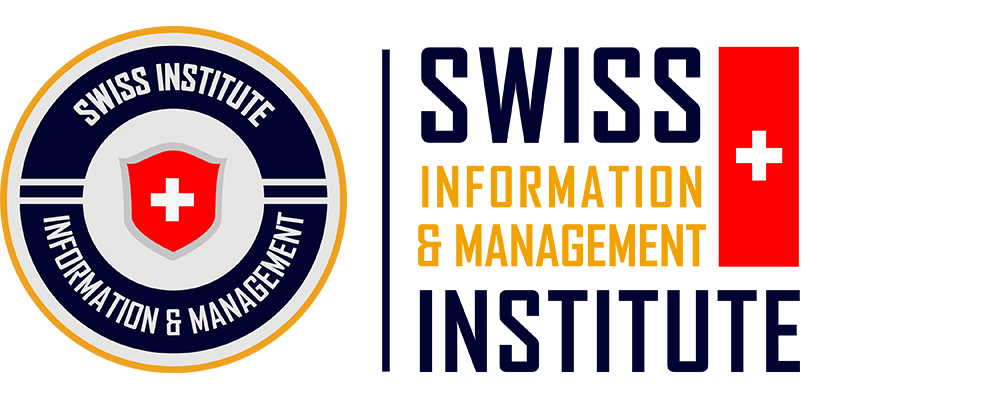Between Freedom and Challenges: Swiss Law and Private Education
Switzerland has long been known not only for its majestic natural beauty and high quality of life, but also for its diverse, flexible, and highly international education system. Within this landscape, private education plays an indispensable role, contributing to the richness and variety of choices available to learners. However, behind this development lie unique legal frameworks — seen both as a solid foundation and, at times, as an “invisible barrier” for private educational institutions.
Autonomy and Decentralized Legal System
Switzerland is a federal country, with each canton having broad autonomy, especially in the field of education. The Federal Act on Funding and Coordination of the Higher Education Sector (HEdA) mainly regulates public institutions, while the legal framework for private education is relatively open. Private institutions have the freedom to be established, operate, and grow, as long as they comply with general regulations on commerce, taxation, and minimum quality standards.
This creates a free and creative environment, allowing many new educational models — from international schools and specialized institutions to innovative research institutes — to emerge and attract learners worldwide.
“Solid Foundation”: Freedom and Opportunity
Swiss law does not require all private educational institutions to be recognized by the state. Instead, the policy encourages diversity, allowing schools to develop independent programs, issue their own degrees, or collaborate with international partners to grant dual degrees.
As a result, many private institutions in Switzerland have expanded globally, becoming reputable choices for learners seeking flexibility, specialized programs, or alternative pathways compared to public education. This freedom has become a “launchpad” for private schools to innovate teaching methods, build personalized learning models, and continuously adapt to the needs of the global labor market.

Recognition and Transparency Issues:
In Switzerland, higher education is divided into two main groups: regulated and non-regulated.
- Regulated group (under strict government supervision and control) usually includes specific professions that require professional practice standards, such as medicine, pharmacy, nursing, law, early childhood education, and several other health-related fields. Degrees in this group must be officially recognized by the Federation or the Cantons and must strictly comply with regulations on training, practice, and professional licensing.
- Non-regulated group (not subject to mandatory accreditation or official supervision) applies to fields such as business, information technology (IT), hospitality management, creative arts, and many others. In this group, private educational institutions have full rights to design their own programs, issue independent degrees, and independently choose accreditation standards (if any). The Swiss government does not interfere with the legal value of these degrees, leaving the final decision to employers or organizations that accept the qualification.
Thanks to this mechanism, students have more flexible options, and private institutions (such as SIMI Swiss) can develop practice-oriented programs that meet the needs of the global labor market without being constrained by rigid regulatory frameworks.
Private degrees are not part of the federally regulated recognition system. However, under Swiss law, they may be freely used, and their recognition depends on employers, professional bodies, or international partners.

Essential Requirements for a Transparent and Standard Higher Education Institution:
Given the diversity and differences in the Swiss higher education system, many reputable educational organizations have proactively implemented transparent information systems and best practice processes to ensure clarity and transparency amidst a “forest” of chaotic and unverified information. These efforts are not only fully supported by the Swiss government but are also protected by education law, media law, and anti-misinformation policies:
- Information disclosure: Clear details on training programs, learning outcomes, faculty, and assessment processes.
- Independent accreditation or certification: Participation in international or national accreditation systems to ensure quality and credibility.
- Commitment to academic quality: Developing curricula based on professional standards, continuously updated to meet societal needs.
- Transparency in degree recognition: Clear information about the scope of use and value of qualifications, enabling learners and employers to make informed evaluations.
- Ensuring learner support: Comprehensive and professional systems for academic support, career counseling, and student services.
SIMI Swiss is one of the pioneers in applying this standard process worldwide.
With the fundamental information about Swiss laws governing private higher education, we hope you now have a more comprehensive view of the uniqueness, transparency, and autonomy that Swiss education consistently upholds. These very elements have become, and continue to be, the driving force for Switzerland to affirm its position as one of the world’s most effective, high-quality, and prestigious education systems.
Wishing all SIMI Swiss learners a happy and peaceful day!
References
- State Secretariat for Education, Research and Innovation (SERI). (2024). Education, research and innovation in Switzerland. Swiss Confederation. Retrieved from https://www.sbfi.admin.ch
- Swiss Confederation. (2011). Bundesgesetz über die Förderung der Hochschulen und die Koordination im schweizerischen Hochschulbereich (Higher Education Act, HEdA, SR 414.20). Retrieved from https://www.fedlex.admin.ch
Source: Swiss Information and Management Institute (SIMI Swiss)



